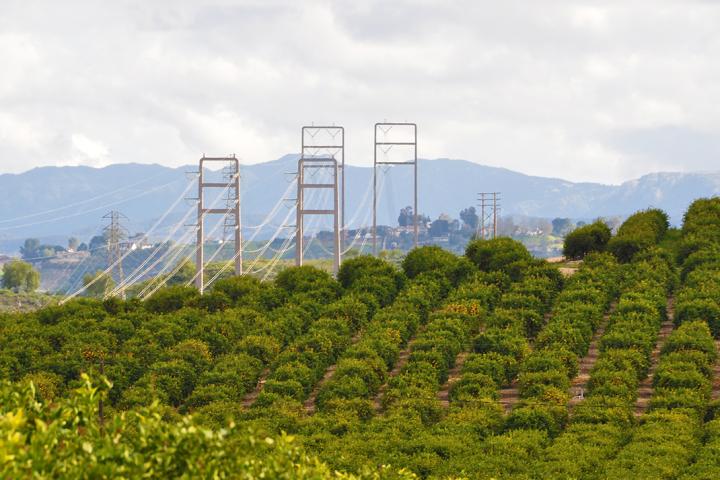Could recycled wastewater be indeed a global solution to water scarcity? Key takeaways from the UCT-UCR seminar

With global water scarcity exacerbated by population growth, urbanisation, and climate change, the need for sustainable water solutions has never been more urgent. Distinguished Professor Emeritus Ariel Dinar, from the School of Public Policy at the University of California, Riverside (UCR), United States, recently delivered a seminar exploring whether recycled wastewater could bridge the growing gap between water demand and supply. Highlighting both local and global perspectives, the presentation showcased wastewater as a resource with untapped potential, particularly for use in irrigated agriculture. By reframing wastewater as a solution rather than a by-product, Prof. Dinar opened the floor to critical discussions on sustainable water management.
The seminar shed light on key challenges that must be addressed to make wastewater reuse a viable option. These include affordability for end-users, especially smallholder farmers; infrastructure inadequacies in capturing, treating and distributing treated water; and public perception, often stigmatising the use of wastewater. Additionally, technical considerations such as treatment standards, emerging health risks like pharmaceutical residues in water and the location of treatment facilities pose significant barriers. Climate change adds another layer of complexity, as worsening environmental conditions could strain existing wastewater systems and inflate costs.
Challenges and opportunities at a glance:
- High costs of treatment and distribution infrastructure, particularly in developing countries
- Affordability issues for small and developing community farmers
- Climate-induced impacts on the performance of wastewater plants
- Public scepticism toward the safety and cleanliness of treated wastewater
- Benefits include reducing reliance on freshwater and chemical fertilisers
To unlock the potential of wastewater reuse, Prof. Dinar proposed several strategies. These include encouraging public and private investment in wastewater technologies, launching pilot projects to demonstrate feasibility and implementing policy reforms that incentivise sustainable practices. Public education campaigns are also crucial in overcoming the stigma and fostering acceptance.
The Q&A session addressed key issues surrounding wastewater reuse, including treatment levels tailored to regional needs, the economic viability of both potable and agricultural applications and the regulatory challenges faced by developing countries. Participants also discussed the public acceptance of produce irrigated with treated wastewater and the potential health risks associated with it.
This presentation is part of the UCT-UCR Seminar Series: Water Economics and Politics, a joint initiative between the University of Cape Town (UCT) and the University of California, Riverside (UCR).
